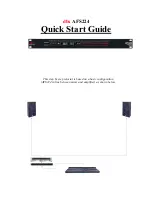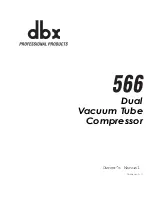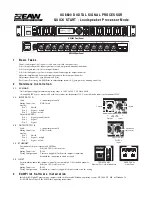
16
5. Troubleshooting
Problem
Possible Causes
→ Solution
Sections overlap or
crumple
1. Specimen is too warm
→ Lower specimen temperature
2. Blade holder too warm
→ Lower chamber temperature.
Tip
– use freezer spray on clamp plate and blade to confirm.
3. The anti-roll plate is too low
→ Raise the anti-roll plate towards
specimen.
4. The anti-roll plate and/or clamp plate dirty
→ Clean with absolute
alcohol & dry thoroughly.
Section rolls up under
the anti-roll plate
1.Specimen is too cold
→ Raise specimen temperature.
Specimen curls after
lifting the anti-roll
plate
1. Anti-Roll plate & clamp plate too warm
→ Lower chamber temperature
Tip
– use freezer spray on clamp plate and blade to confirm.
2. Static electricity in chamber
3. Blade blunt
→ Change blade.
Sections tear or crack
1. Specimen too cold
→ Raise temperature.
2. Blade damaged or dirty
→ Change blade.
3. Specimen frozen too rapidly or specimen overly large.
Specimen and
section
chatter
1. Blade holder not correctly clamped
→ Check & tighten blade holder.
2. Blade incorrectly clamped
→ Blade clamping force can be increased by
tightening clamp screw at the rear of the top stage.
3. Specimen incorrectly clamped
→ Check specimen is securely mounted
and clamped in specimen head jaws. Check there is no debris or ice on the
back of the chuck or on specimen head.
Tissue sections stick
to the anti-roll plate
1. The anti-roll plate is dirty
→ Use a short brush to clean the anti-rolling
plate.
2. The plate is too warm
→ Prolong the refrigeration time.
Vertical crack of
tissue section
Edge of the blade has a defect or has a foreign object
→ use a new blade or
remove the object gently with a brush
Sections thick-thin
1. Check blade holder and specimen correctly clamped.
2. Ensure specimen is securely attached to the cassette/chuck.
3. Temperature of specimen incorrect
→ Raise or lower temperature.
4. Blade not sharp
→ Change blade.
Vibration when slicing
1. Check blade holder and specimen correctly clamped.
2. The blade angle is too high or too low.
3. Ensure specimen is securely attached to the specimen disc/chuck.
4. Sectioning speed is too fast .






































